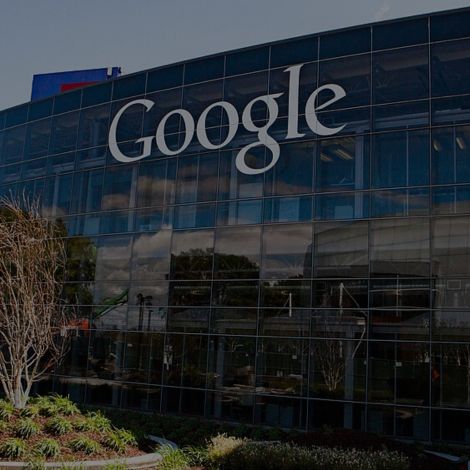
In a notable judgment in early April, the IP Division of Delhi High Court dismissed Google LLC’s (Google) appeal against the rejection of its patent application by the Assistant Controller of Patents and Designs (Controller), and imposed a fine of Rs 1 lakh (~USD 1,200) on the tech giant for presenting incorrect information and failing to disclose critical details about its corresponding applications in Europe.
In 2007, Google filed a patent application before the Indian Patent Office (IPO) for its technology that enables users to manage seamless instant messaging across different smart devices like desktops and PDAs, irrespective of the device. The application was rejected by the Controller based on lack of novelty and inventive step in view of prior art.
Aggrieved by the impugned order, Google appealed before the erstwhile Intellectual Property Appellate Board (IPAB). After the dissolution of IPAB in 2021, the case was transferred to the Delhi High Court where it was eventually heard in December 2023. During the proceedings involving detailed arguments on novelty and inventive step by both sides, the Court inquired about the status of the corresponding patent applications in other countries. Google responded by stating that the US and Canadian patent applications were granted, while the European patent (EP) application was abandoned. The IPO’s Counsel refuted this by pointing out that the EP application had in fact been rejected on the basis of lack of novelty and inventive step and not abandoned. Court also found that a divisional application with the identical title as that of the rejected EP application had also been filed and its status was also disclosed as “abandoned”, when in fact it was also rejected on the same grounds.
Taking serious note of Google’s conduct in the proceedings, the Court noted that Google had misrepresented facts to the IPO as well as the Court which also breached its duty of disclosure under the Patents Act, 1970 (Act).
The Court finally dismissed the appeal on merits for not meeting the novelty and inventive step requirement. Additionally, the Court ordered Google to pay costs of INR 1 Lakh (~USD 1,200) for presenting wrong facts to the Court and not meeting the disclosure requirements under the Act.
This judgment re-emphasizes the necessity for applicants to provide complete and accurate information throughout the application process, especially concerning information related to corresponding foreign patent applications, which may be material to the grant.

